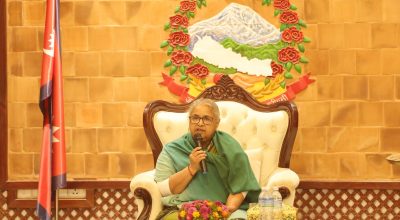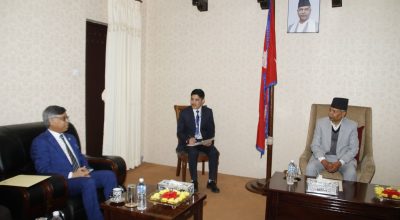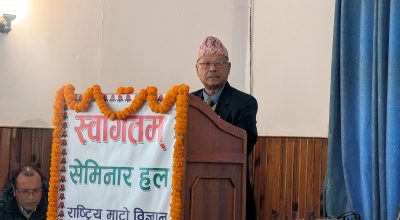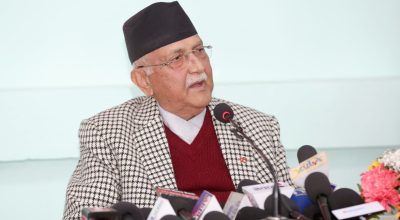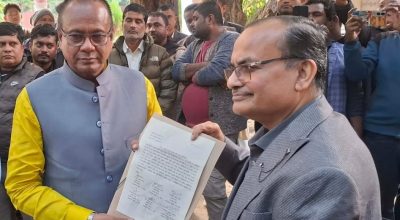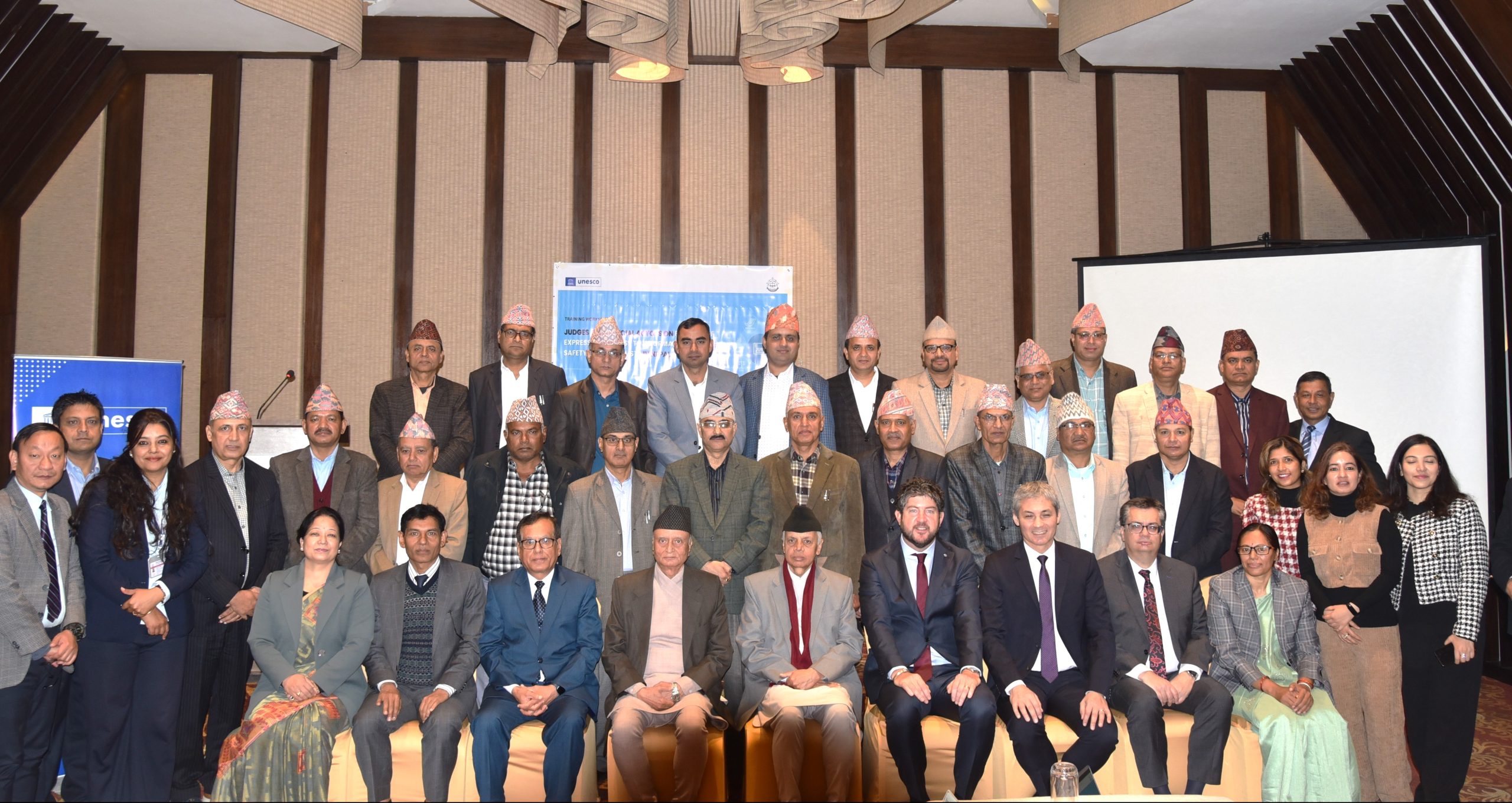
Kathmandu, Dec 3: Twenty-eight Nepali judges and judiciary actors representing the Supreme Court, High Courts, and District Courts from across Nepal together with faculty of Nepal Judicial Academy (NJA) participated in a four-day long workshop from 28 November-1 December to strengthen their capacities to deal with the cases related to freedom of expression and access to information, journalists’ safety, digital rights, online platforms and artificial intelligence (AI) in line with international legal and human rights standards.
Participating judicial representatives underlined the pivotal nature of this initiative as Nepal is currently in the process of developing various laws related to media and ICT, and alignment with international standards on freedom of expression is a key objective. Against the backdrop of Nepal’s commitment to international human rights standard and the rapid shifts and development in the digital space, apprehension over the potential impact of digitalization on the safety and protections of civic rights space have emerged. Exploring the judicial ramifications of the latest technological advancements, for instance, artificial intelligence, can help Nepal put in place mechanisms that can leverage the new technology while addressing in a comprehensive manner the protection and promotion of constitutional and human rights.
Ishwar Prasad Khatiwada, acting Chief Justice of the Supreme Court of Nepal, in urging colleagues to engage fully with UNESCO experts during the four days, said, “There is a need of strengthening legal practice in these issues in Nepal and administrative, legal strategies to harmonize these issues in the practice in judicial system.”
Throughout the training program, participants engaged in an in-depth study of court cases concerning Freedom of Expression, Media Freedom, Journalists’ Safety and Digital Media, as well as discussion on the benefits and risks associated with the use of Artificial Intelligence (AI) in the judiciary and society. Sessions involved expert presentations, case studies, group work, and discussions, creating a collaborative and conducive learning environment.
“As this effort moves forward, it is crucial that new provisions of laws and regulations do not curtail the space or limit the scope of freedom of expression and continue to remain in accordance with the international human Rights standard regulation. This is where the judiciary plays a key role,” said Michael Croft, UNESCO Representative to Nepal, stressing on reinforcing the capacities of the judiciary to enhance the freedom of expression and press freedom.
Following the training, the judges affirmed they are well equipped to handle cases related to freedom of expression, access to information and safety of journalists in alignment with the Constitution of Nepal and international human rights standards. Further, the introduction to AI and its applications in the judiciary will enable the Nepalese justice system to develop new AI-based solutions to strengthen access to justice, while also newly prepared to address the human rights implications of AI in society based on international standards.
“The safety of journalists is the safeguard for our right to freedom of expression and we would be unaware where our democracy or justice system will head towards in its absence. Indeed, we are coexisting,” expressed Baidya Nath Upadhyay, Executive Director, National Judicial Academy during the opening of the training.
A subsequent session at the Supreme Court of Nepal in Kathmandu, with 40 judicial officers representing the judicial benches, IT services and administration provided an opportunity to discuss in detail the nature of Freedom of Expression and possible exceptional restrictions based on international standards such as the International Convent on Civil and Political Rights (ICCPR). UNESCO experts led two different sessions on International Standards for Freedom of Expression and the application of AI in the judicial sector, exploring its implications and addressing concerns that court staff had with respect to AI replacing judges. They further discussed how the use of AI could streamline judicial processes, especially in addressing the significant backlog of cases in Nepal’s judiciary, making it more accessible and people friendly.
Organized by UNESCO in collaboration with National Judicial Academy, feedback and the outcomes of the workshop will support the development of future training packages in Nepali language to replicate and scale up the training among more judges in the district and high courts. These efforts will be crucial in ensuring all Nepali citizens to enjoy their constitutional rights and demonstrating the intent of the Nepali judiciary to conduct their duties in line with international standards on human rights and best practice.





